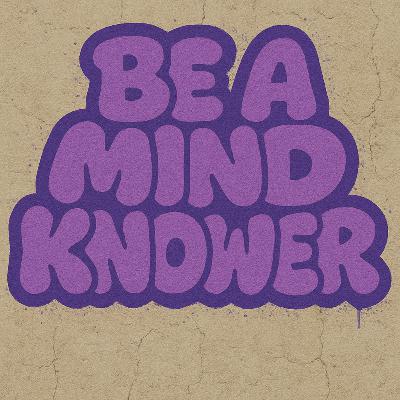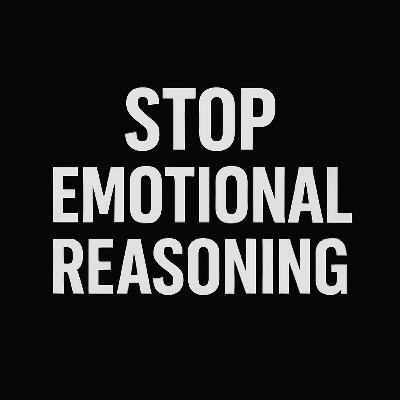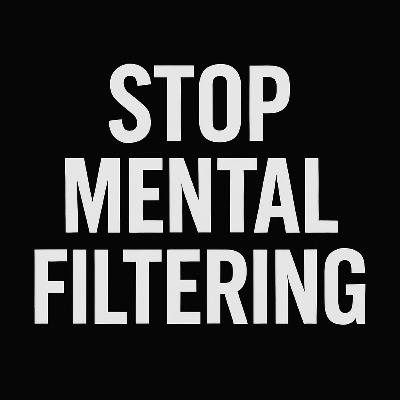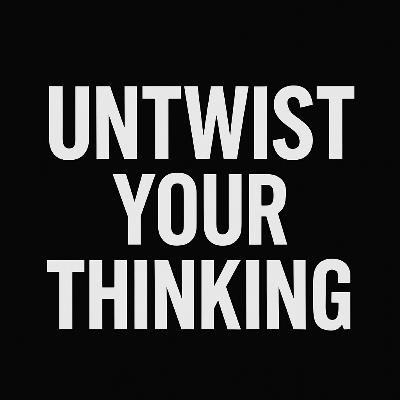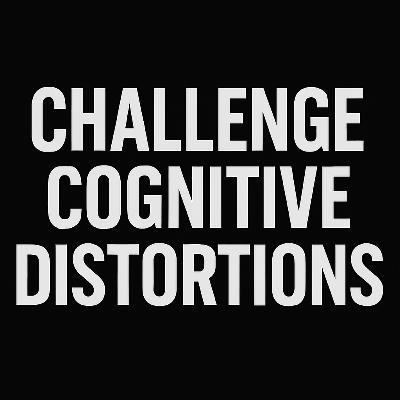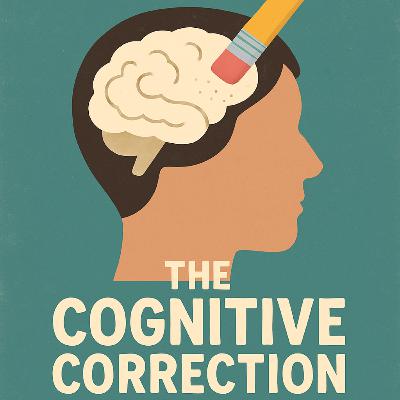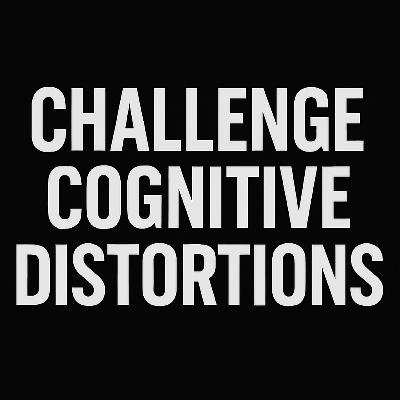Unmasking Your Thoughts: Overcoming Fortune Telling
Description
In this episode, we delve into two common cognitive distortions that can fuel anxiety, depression, and relationship strain: Fortune Telling. These are errors in thinking, or mental shortcuts, where we jump to negative conclusions, often without sufficient evidence.
Fortune Telling involves habitually predicting negative outcomes without good evidence, treating these assumptions as fact. Examples include believing you will fail an exam or not get a job before it happens. This distortion robs you of emotional stability, increases anticipatory anxiety and self-doubt, and can lead to feelings of hopelessness. It's harmful because it feels convincing and can prevent you from feeling hopeful or motivated, potentially leading to self-sabotage. Predicting the worst without evidence can also damage relationships by preventing potential growth.
Fortunately, these distorted thinking patterns can be challenged through techniques like Cognitive Restructuring, a core process in Cognitive Behavioral Therapy (CBT). We'll explore methods to help you identify and challenge these thoughts, such as:
- Examining the factual evidence that supports or contradicts your negative prediction or assumption.
- Testing your thoughts and predictions through real-world "experiments".
- Asking yourself what the thought really means or if you could be misinterpreting the evidence.
- Considering alternative, more realistic or balanced outcomes.
- Using tools like thought records to systematically identify and challenge your thoughts.
Works Cited
Anderson, R., et al. "Module 5: Overcoming Negative Predictions, Avoidance & Safety Behaviours." Building Body Acceptance: Overcoming Body Dysmorphic Disorder. Centre for Clinical Interventions, Nov. 2012, cci.health.wa.gov.au/resources/looking-after-yourself/body-image/building-body-acceptance/module-5. Accessed 25 May 2024.
Bonfil, Albert. "Cognitive Distortion: Fortune Telling in Anxiety and Depression and Relationships." Cognitive Behavioral Therapy Los Angeles, 5 Mar. 2025, cogbtherapy.com/cognitive-distortion-fortune-telling-anxiety-depression-relationships. Accessed 25 May 2024.
---. "Cognitive Distortions: Mind Reading." Cognitive Behavioral Therapy Los Angeles, 5 May 2025, cogbtherapy.com/cognitive-distortions-mind-reading. Accessed 25 May 2024.
Kos, Blaž. "Fortunetelling, mind reading and jumping to conclusions." Blaz Kos - Performance Coaching, 2025, www.blazkos.com/fortunetelling-mind-reading-and-jumping-to-conclusions/. Accessed 25 May 2024.
lucas19, charles. "Jumping to Conclusions: The Relationship Kryptonite." Lucas Counseling Group, Lucas Counseling Group, 25 Oct. 2019, www.lucascounselinggroup.com/blog/jumping-to-conclusions-the-relationship-kryptonite. Accessed 25 May 2024.
McKelvey, JD. "Journaling Negative Thoughts: 20 Prompts For Deeper Understanding." Day One Blog, Day One, 13 Sept. 2023, dayoneapp.com/blog/journaling-negative-thoughts/. Accessed 25 May 2024.
Nathan, P., et al. "Module 5: Unhelpful Thinking Styles." Back from the Bluez. Centre for Clinical Interventions, 2003, cci.health.wa.gov.au/resources/looking-after-yourself/depression/back-from-the-bluez/module-5. Accessed 25 May 2024.
Schenck, Laura K. "How to Challenge Cognitive Distortions – Part Two." Mindfulness Muse, 2025, mindfulnessmuse.com/cognitive-behavioral-therapy/how-to-challenge-cognitive-distortions-part-two. Accessed 25 May 2024.
Therapist Aid. "Cognitive Restructuring techniques for clinicians." Therapist Aid, 2025, www.therapistaid.com/cognitive-restructuring-techniques-for-clinicians-article. Accessed 25 May 2024.
weezerluva369. "Common cognitive distortions that feed your anxious thoughts. : r/Anxiety." Reddit, Reddit, 2025, www.reddit.com/r/Anxiety/comments/30m95e/common_cognitive_distortions_that_feed_your/. Accessed 25 May 2024.


